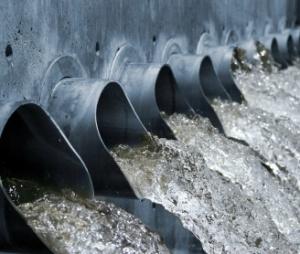The Town of Arlington controls those sources of non-domestic discharges through permitting.
If you are an Industrial user within Arlington, please contact the Wastewater Department at 901-867-1782 for information about obtaining Industrial Permits.
Arlington has an EPA-approved Industrial Pretreatment Program, which administers local, state, and federal regulations affecting area businesses and the quality of the wastewater discharged into the Town’s system. This program is designed to reduce the level of potentially toxic pollutants discharged by industry and other non-domestic wastewater sources into the Town of Arlington sewer system, and thereby, reduce the amount of pollutants released into the environment from these sources.

The Town of Arlington controls those sources of non-domestic discharges through permitting.
If you are an Industrial user within Arlington, please contact the Wastewater Department at 901-867-1782 for information about obtaining Industrial Permits.
“Significant Users,” identified as non-domestic sewage dischargers that have the potential to affect wastewater operations, are required to install, operate, and adequately maintain pretreatment systems to remove pollutants that could otherwise damage or obstruct the wastewater collection system or interfere with the wastewater treatment process. Examples of such pollutants include heavy metals, cyanide, oil and grease, toxic organics, and acidic or caustic waste from industrial operations.